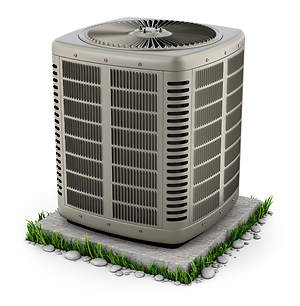PUEBLO, Colorado – Patterson Plumbing and Heating has been helping families in southeast Colorado for more than three decades fix leaks and repair stoves and water heaters. However, the recent surge in the spread of COVID-19 in the community in Pueblo and the surrounding area has resulted in some difficult decisions.
“We have a customer right now, the whole family is positive. Their water heater went out, they haven’t had hot water in over a week,” said Rick Patterson, the company owner and president. “You are patient. We have you on the agenda for the middle of next week.”
Service industry professionals are considered an essential workforce. The Occupational Safety and Health Agency (OSHA) estimates that most home repairs present at least a moderate exposure risk. The risk increases in households where someone is suspected or knows they have tested positive for the virus.
The government recommends that repair companies screen employees and customers for symptoms before planning the work. Employers can advise service workers to stop working if a home is in an area where COVID-19 is continuously transmitted to the community.
Patterson fears that not all customers will be as patient or accommodating as his current customer who needs a water heater. He also fears that an oven failure could be fatal.
“They don’t want to call anyone, so they resort to other forms of heat, fall asleep and then all die of carbon monoxide poisoning,” Patterson said.
While the businesses are viewed as essential, they are not often listed among the frontline staff when new policies are enacted. Patterson believes the risks warrant a second look.
“I sent the governor a letter asking him to rate our industry because I haven’t seen it on the news or discussed it anywhere,” he said.
While the first doses of the COVID vaccine that arrive in Colorado are being distributed to doctors and nurses, Patterson hopes the craft will be considered as additional doses become available.
“I just don’t want us to end up in April, May and June and still not have a vaccine because we don’t qualify at this early stage,” he said.
For urgent or emergency repairs, OSHA guidelines recommend that employees wear personal protective equipment such as gloves, masks, and face shields when working in a home where someone has tested positive for the virus.
Customers should keep anyone who is sick or symptomatic in a separate room. Social distancing rules should be followed when working at home.
The guidelines also recommend opening a window or turning on the air conditioning to increase airflow.
